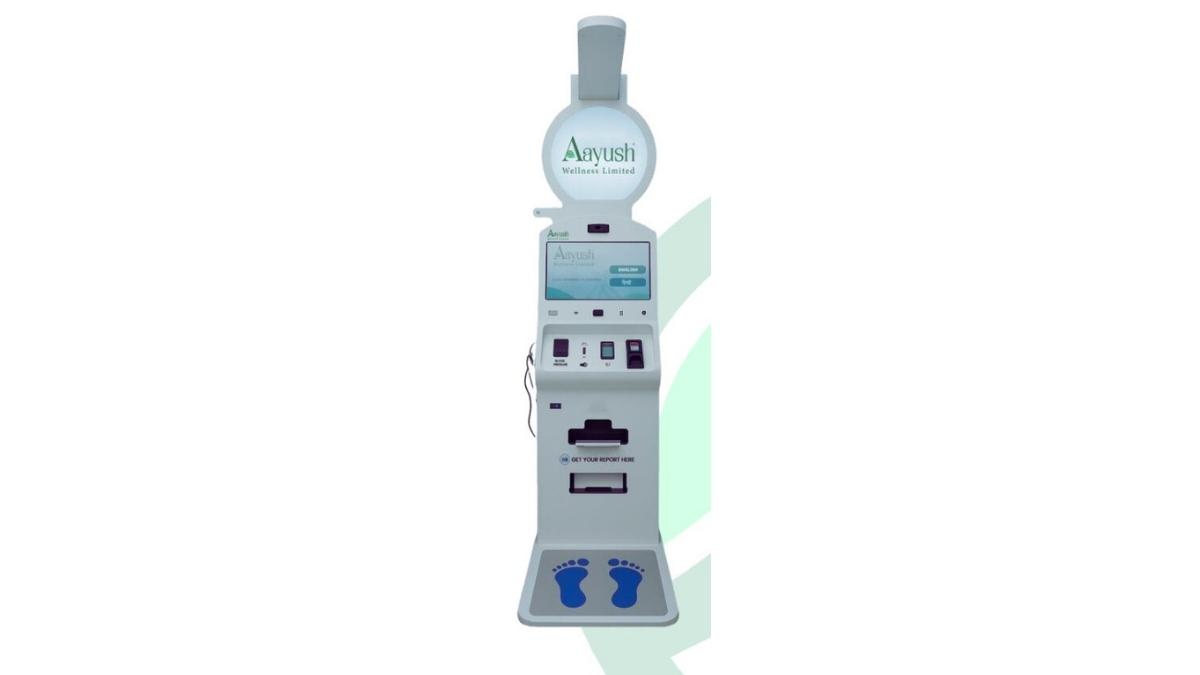Factors impacting Mental health, Can AI be helpful | Internet & Social Media News

In today’s fast pacing world and stress full life, Mental Wellness is the cornerstone of overall well being, influencing how we think, feel and act on a daily basis. Encompassing emotional, psychological and social well being shaping how we handle stress, relate to others and make choices in life.
To elaborate, we discussed important aspects of mental wellness with Ritu Mehrotra, Founder & CEO of United We care, told us the important factors that impact mental health in an individual are Biological factors, such as genetics, brain chemistry imbalances, and hormonal fluctuations, contribute significantly to certain mental health conditions. Psychological factors, including stress, anxiety, depression, trauma, and negative thought patterns, also play a crucial role in mental well-being by influencing emotions, cognition, and behavior. Moreover, social factors like socioeconomic status, discrimination, relationship problems, and loneliness impact mental health through their effects on social support networks and overall quality of life. Lifestyle factors, encompassing diet, sleep, exercise, substance abuse, and chronic health conditions, further influence mental health outcomes. Poor lifestyle habits can exacerbate existing mental health issues, highlighting the interconnectedness of various factors in determining overall mental well-being.
● Biological Factors: Genetics are important contributors for certain mental health conditions in individuals, while imbalances in brain chemistry and hormonal fluctuations can also impact mood and behaviour.
● Psychological Factors: Stress, anxiety, depression, trauma, and negative thought patterns can significantly impact mental well-being, affecting emotions, cognition, and behaviour.
● Social Factors: Socioeconomic factors such as poverty and discrimination, as well as relationship problems and loneliness, can contribute to mental health challenges by affecting social support networks and overall quality of life.
● Lifestyle Factors: Diet, sleep, exercise, substance abuse, and chronic health conditions all play roles in mental health. Poor lifestyle habits can make mental health issues worse.
1. What are the early signs of poor mental health?
Commenting on the early signs of poor mental health, “Sometimes it’s not always obvious when we’re not feeling our best. There can be some common signs though, like feeling down or anxious all the time. Maybe you’re not into things you used to enjoy, or you just can’t focus anymore. Even sleep problems or headaches can be a clue that something’s going on. If you notice these kinds of things lasting a while, it’s a good idea to reach out for some help from a mental health professional.”
Early signs of poor mental health can vary, but some common ones include the following:
● Changes in mood, such as feeling sad, anxious, or irritable for extended periods.
● Changes in sleep patterns, such as difficulty sleeping or sleeping too much.
● Changes in appetite, such as eating more or less than usual.
● Difficulty concentrating, remembering things, or making decisions.
● Withdrawing from social activities or hobbies you once enjoyed.
● Increased feelings of anger, guilt, or worthlessness.
● Thoughts of self-harm or suicide.
2. AI is becoming popular worldwide; can it be utilized to improve mental health?
Mehrotra highlighted the potential of AI to revolutionize mental health care in several ways, such as:
● Increased Accessibility: AI-powered virtual assistants can provide mental health support 24/7, removing geographical and time barriers.
● Personalized Care: AI can analyse user data and tailor interventions to address individual needs.
● Early Intervention: AI can identify early signs of mental health concerns and offer support before problems escalate.
● Support for Therapists: AI tools can manage administrative tasks and provide therapists with more time to focus on direct patient care.
“And, we already are using AI. We have World’s most advanced virtual mental health first-Aid- Stella. This is an AI-powered virtual assistant which provides initial support, mental health screenings, and resources. Our platform offers interactive programs designed to address specific mental health concerns like anxiety or depression and even we have feature of self-help Content, where articles, videos, and other resources provide information and techniques for managing mental well-being. And, beyond this users can connect with licensed professionals for personalized therapy sessions within the platform.”, She said.
3. The concept of AI in mental health care may raise concerns about privacy and data security; How do you see it?
She said, Establishing privacy and data security in AI-driven mental health care is of greatest importance in maintaining trust and protecting user confidentiality. We must build robust data security systems that are compliant with the world’s most advanced data privacy measures. This includes encryption protocols, access controls, and secures data storage practices. By prioritising privacy and security measures, we can mitigate risks and uphold the integrity of mental health services.
4. How does United We Care collaborate with experts in psychology and psychiatry to ensure the clinical efficacy of its AI-powered solutions?
Highlighting the role of United We Care, she said that Our AI virtual wellness coach has been trained by 100s of mental health experts who make sure the science behind our AI is sound. They help us develop and refine her responses as well as understanding of concerns so they’re actually effective. This also ensures:
● Our AI tools are grounded in evidence-based practices.
● The content and interventions offered are clinically sound and effective.
● Our virtual assistant, Stella, is trained to identify situations where human intervention is necessary.
5. What are your plans for expansion and further innovation?
To Conclude Ritu said, Our plan is to fill the gap between mental healthcare for users, the healthcare system, retail consumers and insurers. We are currently providing clinical services in both India and USA but we will soon be exploring new geographies as well. You will also get to see a new avatar of Stella which will change the way mental healthcare services are delivered and the efficiency with which they are delivered very soon.

Atul Tiwari is a seasoned journalist at Mumbai Times, specializing in city news, culture, and human-interest stories. With a knack for uncovering compelling narratives, Atul brings Mumbai’s vibrant spirit to life through his writing.




